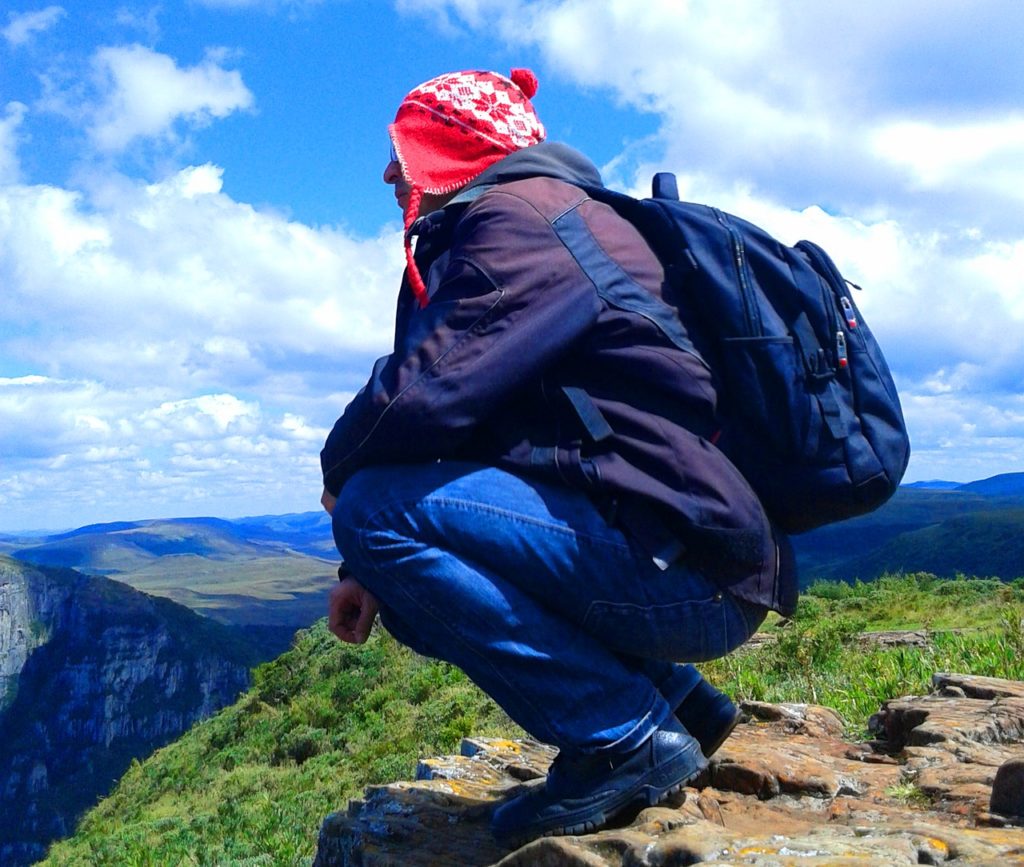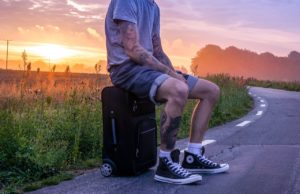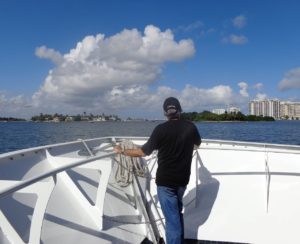
Traveling can be stressful at the best of times, even more so during the holidays. When you add an addiction to managing travel and holidays it can potentially lead to a relapse.
Research shows that stress can activate lifelong patterns and behaviors during these times.
Holiday stress and travel can trigger unhappy memories of being at a childhood home or memories. The individual may begin to start dwelling on what was ‘wrong’ with their childhood or what they felt was ‘missing.’
Another potential trigger is a toxic relative that can be damaging to emotional and mental health. Relatives or friends that fall into this category may not believe the persons sobriety, or recovery process. They may pressure the individual to use or engage in addictive behaviors.
Holidays and travel can also highlight the differences from substance user’s life changes to that of others, such as a relationship change or divorce, job loss or change, relapse or recovery, etc. It can trigger uncomfortable memories.
Potential Triggers in Addiction Recovery
When faced with an unfamiliar environment when traveling, it can pose potential triggers for current users, and those in recovery. Loneliness, isolation, and boredom are high risk triggers for traveling, especially during the holiday season. Many times, addiction struggles are a need for comfort, and substance use can ease pain, bring excitement, or act as a reward.
When the addict uses, dopamine is released in large quantities (up to 2-10 times more) in the brain, and are much more powerful than natural reward behaviors (self-care behaviors). The continued use of drug use/abuse increases the individuals need for increased dopamine, therefore creating neuropathways that drive the addiction. Repeated drug use can lead to changes in the person’s self-control, judgment, and marked increased urges to use.
Identifying Triggers and Risk Factors
One key to maintaining sobriety is to identify the issues that trigger and risk factors that relate to drug use. Isolation, frustration and boredom may be powerful triggers, but by anticipating these problems recovering addicts can protect themselves from relapse.
 There are risk factors that individuals can prepare for prior to, and during, travel to safeguard sobriety even when away from home, which can be learned through seeking counseling and a treatment team. This can be done on an outpatient basis, or at a higher level of care facility if addiction is severe enough.
There are risk factors that individuals can prepare for prior to, and during, travel to safeguard sobriety even when away from home, which can be learned through seeking counseling and a treatment team. This can be done on an outpatient basis, or at a higher level of care facility if addiction is severe enough.
First, individuals can consider travel and holidays as a sober gathering. Staying in touch with a sobriety partner/sponsor while traveling and through the holidays can help reduce the risk of triggers. Secondly surrounding addicts with supportive people that can help manage triggers. Thirdly, being able to keep stress levels low through meditation, deep breathing, and yoga. Plan into travel down time to help practice healthy coping tools.
Maintaining healthy self-care is a protective factor that individuals can utilize. Ensuring that addicts maintain proper eating habits, exercise routines, and rest will ensure for lower stress levels and chances for engaging in unhealthy behaviors. Individuals can create a safe space while traveling.
Recognizing triggers ahead of time can reduce risks for surprises. Researching a support meeting in the area can be added support, even if the individual feels they do not need it prior to travel. Realizing that relapses are a part of the recovery process, and if the individual experiences one, reach out to their treatment team and/or crisis hotline can help shorten the relapse period.
The Role of Protective Factors
Another key to managing triggers is the higher protective factors that individuals have. These include self-esteem and self-confidence, social confidence. Risk factors and protective factors occur simultaneously, and need to be addressed in treatment concurrently to reduce the likelihood of triggers become relapses.
Both factors play into the individual’s relationships, community, and in society. For example, within relationships, risk factors can include parents who use drugs and alcohol or who suffer from mental illness, child abuse and maltreatment, and inadequate supervision. In this context, parental involvement is an example of a protective factor.
 Within communities, risk factors can include neighborhood poverty and violence. Here, protective factors could include the availability of community resources and after-school activities. In society, risk factors can include cultural norms and laws favorable to substance use, as well as racism and a lack of economic opportunity. Protective factors in this context would include hate crime laws or policies limiting the availability of alcohol.
Within communities, risk factors can include neighborhood poverty and violence. Here, protective factors could include the availability of community resources and after-school activities. In society, risk factors can include cultural norms and laws favorable to substance use, as well as racism and a lack of economic opportunity. Protective factors in this context would include hate crime laws or policies limiting the availability of alcohol.
Travel and holidays can increase potential triggers but keeping protective factors in place can reduce the risk of relapse. Remembering that taking recovery one-day-at-a-time can help keep the individual grounded in the moment and not intensify emotions of anxiety or stress around upcoming events, plans, or gatherings. Utilizing support systems, and reaching out to treatment teams can help keep sobriety stable.
Community Discussion - Share your thoughts here!
How do you cope with potential triggers when traveling, or at holidays?
 About the Author: Libby Lyons is a Certified Eating Disorder Specialist (CEDS) who works with individuals and families in the area of eating disorders. Mrs. Lyons works in the metropolitan St. Louis area and has been practicing in the field for 11 years. Libby is also trained in Family Based Therapy (FBT) to work with children-young adults to treat eating disorders. Mrs. Lyons has prior experience working with the United States Air Force, Saint Louis University, Operating Officer of a Private Practice, and currently works with both Saint Louis Behavioral Medicine Institute within their Eating Disorders Program and Fontbonne University
About the Author: Libby Lyons is a Certified Eating Disorder Specialist (CEDS) who works with individuals and families in the area of eating disorders. Mrs. Lyons works in the metropolitan St. Louis area and has been practicing in the field for 11 years. Libby is also trained in Family Based Therapy (FBT) to work with children-young adults to treat eating disorders. Mrs. Lyons has prior experience working with the United States Air Force, Saint Louis University, Operating Officer of a Private Practice, and currently works with both Saint Louis Behavioral Medicine Institute within their Eating Disorders Program and Fontbonne University
References:
[1]: Retrieved from www.psychologytoday.com 2016
[2]: Retrieved from www.psychcentral.com 2016
[3]: Retrieved from www.drug-addiction-help.org 2016
[4]: Retrieved from www.drugabuse.gov 2016
The opinions and views of our guest contributors are shared to provide a broad perspective of addictions. These are not necessarily the views of Addiction Hope, but an effort to offer discussion of various issues by different concerned individuals.
We at Addiction Hope understand that addictions result from a combination of environmental and genetic factors. If you or a loved one are suffering from an addiction, please know that there is hope for you, and seek immediate professional help.
Last Updated & Reviewed By: Jacquelyn Ekern, MS, LPC on November 1, 2016
Published on AddictionHope.com
